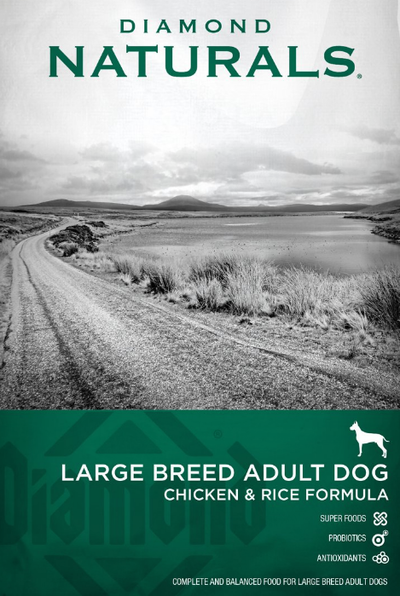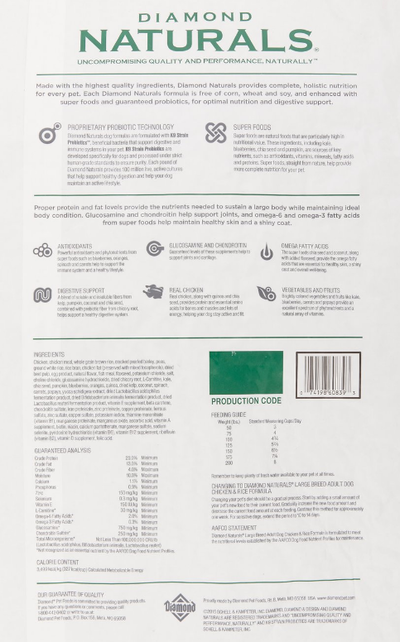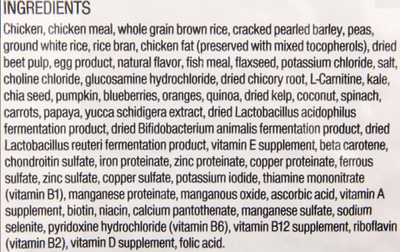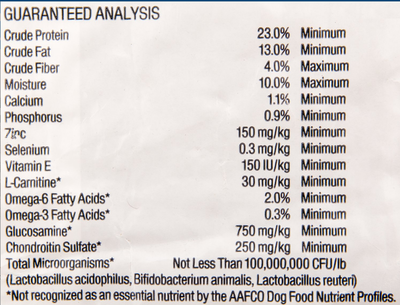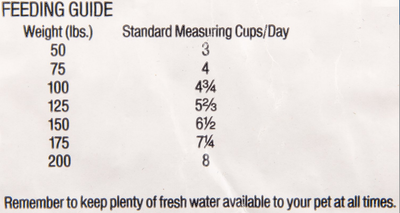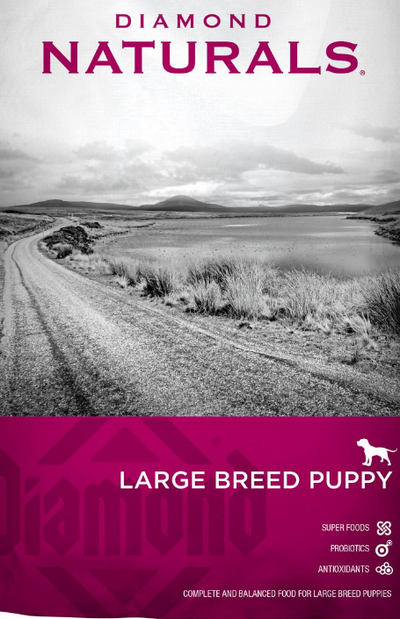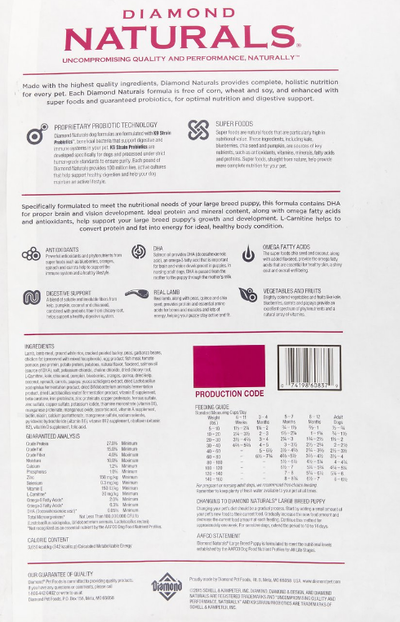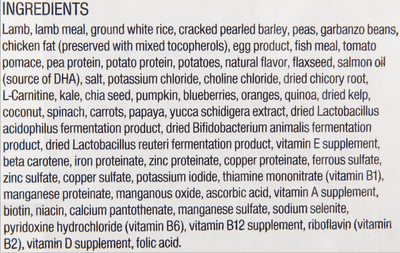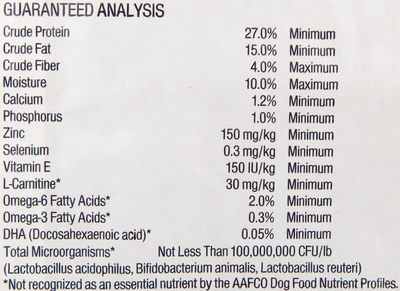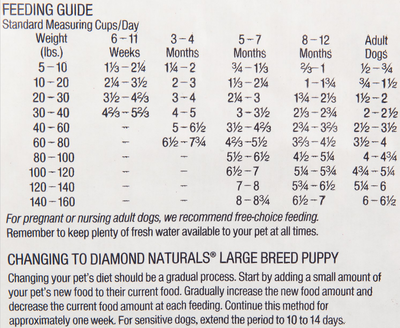Don't see your questions answered here? Try sending us your question and we will do our best to answer it!
|
Q: What is the process for providing a forever home for a Top of the Hill Golden Retriever puppy?
A: Our adoption process is detailed on the Adoption page of this website. If you have any questions please feel free to reach out to us using the contact information on the Contact page.
Q: What are some key things to know for bringing home our new furry family member?
A: Adding a puppy to your family is a big commitment and there is a lot to learn! Here are some tips to keep you and your puppy happy and healthy during the transition:
- You are bringing home a baby; Don't over do it! Let them nap. This will help prevent unwanted sickness and help make the transition less stressful. Don't wake a sleeping baby applies to a puppy too!
- Get your puppy used to their crate during the day to help with night time. Offer food and water in the crate with door open. Place toys and such inside and develop a den of security so when you close them in at night it feels like home for them. Try to avoid the crate being a punish zone or such while they are getting use to it.
- Expect whining the first few nights away from home as the puppy adjusts to not having its litter mates. Make sure to feed them dinner a few hours before bed time and to take them potty several times before putting them in the crate. This way you can be confident the whining is from the newness and not needing to go potty. Try putting a blanket or towel over the crate to create a safe den. Consider playing some white noise or a radio. Our puppies listen to the radio 24/7 so there can be a similarity in their new homes where TVs and music commonly play.
- Anticipate early night wakings to take your puppy potty. Young puppies can't hold it very long!
- Try to prevent bad habits:
- Chewing on fingers will become painful in a few short weeks, so instead stick a designated chew toy in their mouth!
- Chewing on unwanted items. Correct the behavior by putting a toy in their mouth and removing the item.
- Going potty inside or in their crate can cause confusion and lead to lasting issues. Make sure you regularly take your puppy outside to use the restroom. Keys times are right after a nap, right after eating or drinking, or after they have been playing for a while. Be sure to wait patiently outside and keep giving your command to go potty until they do, then reward them with lots of love and encouragement.
- Avoid rough play with hind legs, jumping off high surfaces or being dropped especially by children
- Avoid long walks, runs or hikes, or any strenuous activity with the puppy until they reach sexual maturity.
- Loose stools might be present with the stress of leaving their litter. Try a teaspoon to a tablespoon of pumpkin puree with feedings to tighten it up.
- If you are changing what food they are eating, slowly introduce the new food by mixing it in with the old food and slowly making the ratio of the old food less and less with each successive feeding.
- Puppies have been wormed but a fresh batch of worms is common in puppies. Talk to your vet about being wormed at their next visit. A fecal exam is not always necessary. Worms will be passed in stools once treated and die. So do not be alarmed.
- Puppies have not been treated for fleas, and cannot be safely treated until after 8 weeks old. All Top of the Hill Golden's adult dogs on site are treated with Frontline or Trifexis.
- Everyone loves a fluffy puppy but use caution with over bathing. This can cause itchy, irritated skin.
- Enjoy those puppy snuggles and kisses! The puppy stage doesn't last long!
- You should look into enrolling in a local puppy training class with your dog to help socialize with other dogs and build a strong trusting bond between owner and dog. We recommend waiting until 12 weeks of age but some locations might require them to be even older.
Q: What does Top of the Hill Goldens use for food?
A: We feed our adult dogs and puppies Diamond Naturals Large Breed Dry Dog Food, here are some reasons why:
- Contains live active cultures of Canine Strain Probiotics for healthy digestion
- Real lamb and chicken protein as the first ingredient provides high-quality protein and essential amino acids, which support bone and muscle health and provide energy
- Guaranteed levels of Glucosamine and Chondroitin help to support joints and cartilage
- Brightly colored vegetables and fruits like kale, blueberries, carrots and papaya provide an excellent spectrum of phytonutrients, antioxidants and a optimal array of vitamins
- Omega fatty acids from ingredients such as flaxseed, chia seed, and coconut, are essential for healthy skin, a shiny coat and overall well-being
- Whole grains such as cracked pearled barley and quinoa provide complex carbohydrates and protein for optimal energy
Q: How often should we bathe our dog?
A: It is very important to not wash your dog too often. Too frequent bathing will strip away the natural oils a Golden secretes to help keep the coat water-repellent and dirt resistant. Losing this protective coating can leave your Golden with a dull coat and it will leave the skin unprotected and prone to dandruff and infections.
- Plan on giving your Retriever a bath about once every six weeks but depending on circumstances you may need to bathe them once each month. However, some dogs, especially older, less active ones, can get by with scrub downs as infrequently as every 8 weeks, or possibly longer.
- Maintaining regular brushing between baths is very important to keep the oils well spread, and help prevent matting and tangling. You will become familiar with your dog’s hair and skin condition and be able to tell if your schedule needs to be adjusted.
- No matter your schedule, you should bathe as soon as possible in the event of an unexpected occurrence. Rolling around on a dead animal is one of a dog owner’s least favorite behaviors to witness, especially for the squeamish.
